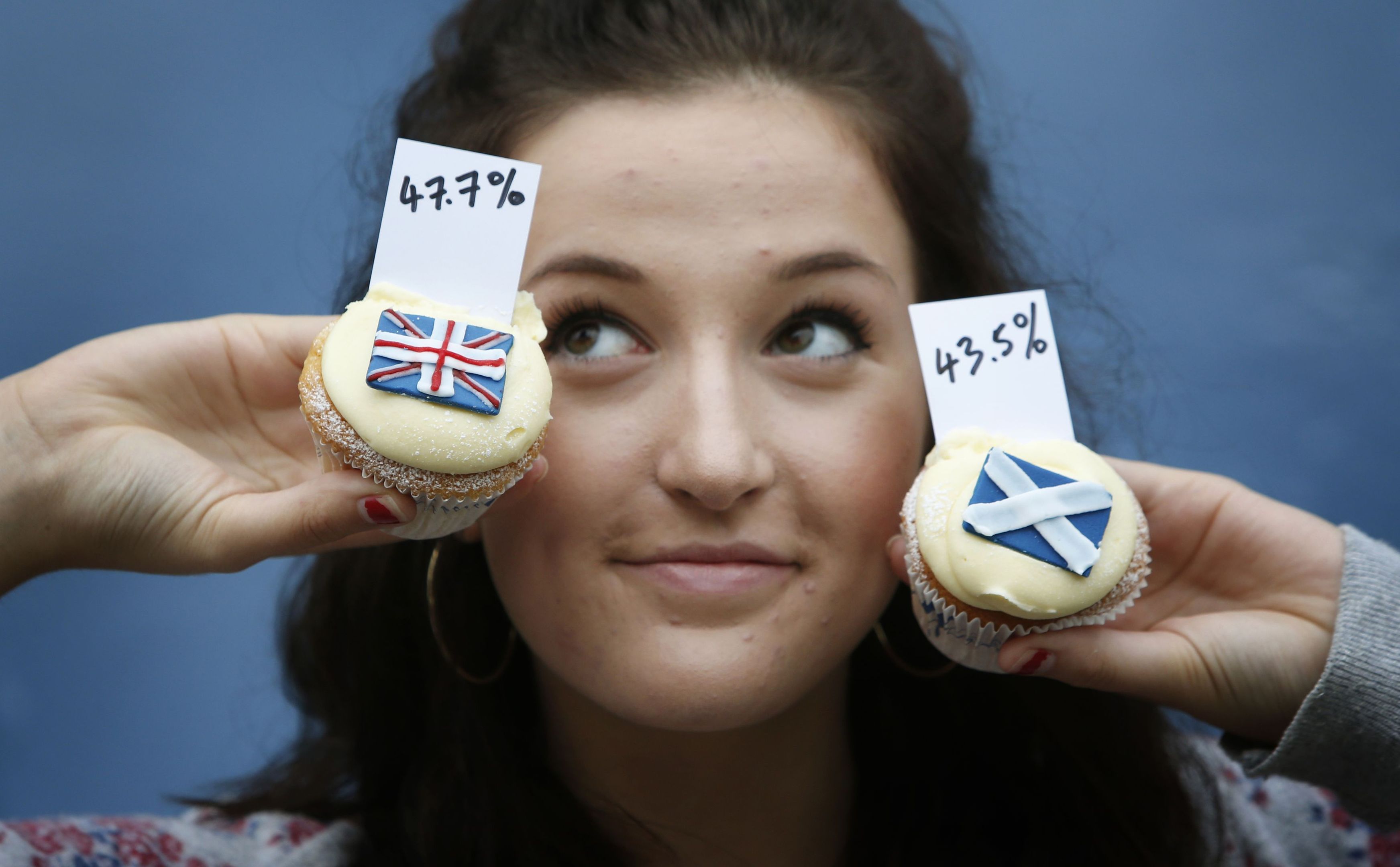There are three kinds of lies: lies, damned lies and statistics.
So when First Minister Nicola Sturgeon fired the starting gun for a second independence referendum within the next two years earlier this week, I wasn’t exactly surprised when Twitter and Facebook suddenly exploded with makeshift polls asking various hypothetical questions.
How would you vote? What do you reckon? Are you a Yes? Are you a No? Have you changed your mind? Should we bother having the thing again in the first place?
Whatever happens, the one thing I haven’t changed my mind about is the merit of these blinking polls in the first place.
As an actual measure of determining how people might vote, and therefore lead us to point to a particular outcome, in my opinion they are 100% pointless.
They are not forecasts of the future, they are merely snapshots of the moment. And that’s why I think they are fairly futile.
It’s almost as if we need these polls to help us prepare for what’s coming and that’s fine, I suppose, if they were reliable. Which they aren’t.
Indeed, one only needs to look across the pond at America and see how wrong the polls were. Everything pointed to a Clinton victory, yet Trump won the day.
Online polls in the run-up to the presidential election also suggested that Trump won some of the debates, although most people who watched them would probably disagree.
It also depends on who you ask, and how many.
You’d probably get 100% of respondents to the question ‘Do you like Star Wars?’ to say yes if you were standing outside Dunfermline Comic Con, although that might not be the case if you were standing outside Primark.
I also remember reading research about how many times people say ‘I love you’ to their partners and being struck by the findings. Around 48% of women did it occasionally, compared to 38% of men – leaving us blokes well and truly looking heartless.
However, it turned out that only 77 students were asked the question, which doesn’t really make us men seem quite as bad.
When it comes to the referendum question, you may as well wheel out Paul the Octopus (God rest his soul) or whatever animal now has an uncannily quirky knack of predicting the future. For all the good it would do.
The only poll that matters, if it does eventually happen, will be the one on the day.
I’m 99.9% sure of that.
